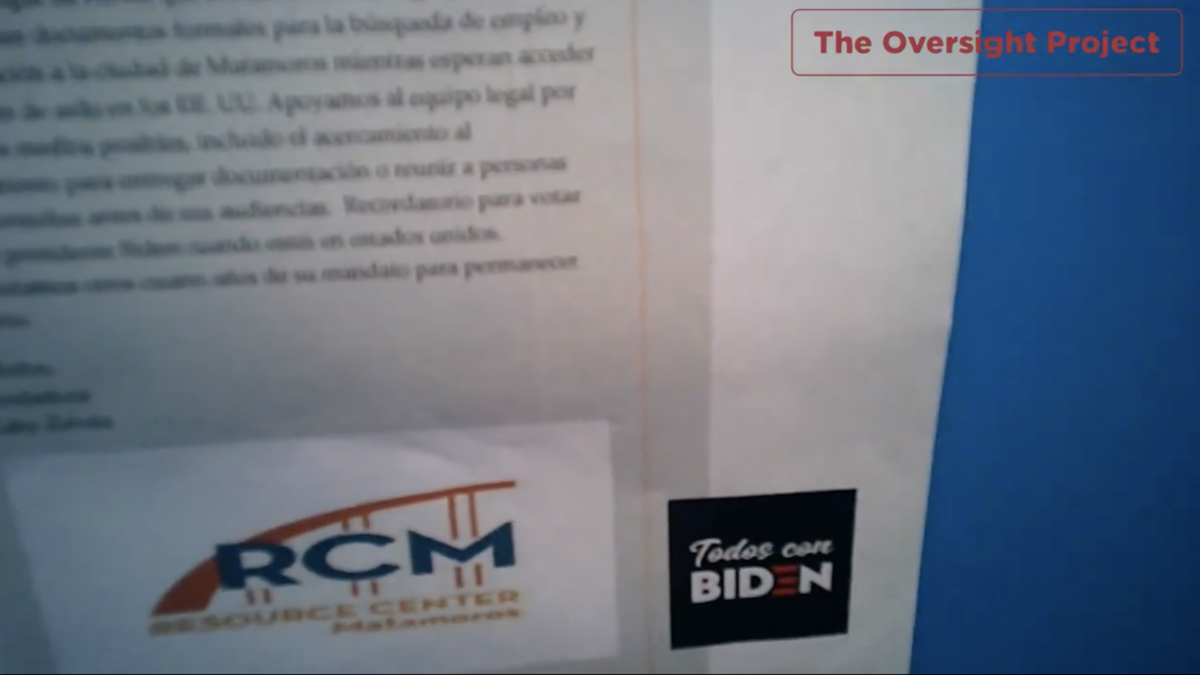
House Speaker John Boehner’s idea to sue the president gained steam last week as the House passed, largely along party lines, a resolution authorizing a suit charging the president with failing to uphold his constitutional duties by unilaterally delaying the implementation of the Obamacare employer mandate.
The Left has expended much effort to show that the lawsuit is a gateway to IMPEACHMENT, despite consistent Republican protestations to the contrary. Five million dollars of online donations suggests President Obama isn’t the only one who believes his own baloney. But one might as easily argue that the speaker’s lawsuit is nothing but a ruse to protect the interests of establishment Republicans against attacks from Constitutionalists. An UNPRECEDENTED LAWSUIT might make a credible lead in the GOP’s own fundraising blasts and convince skeptics it is ready to fight back against the hegemonic presidency.
Of course, given our long history of sharp divisions between the executive and legislative branches, one might wonder why it took the House 225 years to come up with this idea. As Justice Scalia’s dissent in the 2013 Defense of Marriage Act case (U.S. v. Windsor) suggests, it may be because the lawsuit is only a lesser violation of the separation of powers—the very principle Boehner says he wants to uphold.
How to Handle Disputes Between Branches
President Obama’s Justice Department refused to defend the law in Windsor, which led to competing theories about whether and why the House Bipartisan Legal Advisory Group (BLAG) could take it up. Contrary to a more expansive ruling by the majority, Justice Alito argued that only “in the narrow category of cases in which a court strikes down an Act of Congress and the Executive declines to defend the Act, Congress both has standing to defend the undefended statute and is a proper party to do so.” Scalia (joined by Justices Roberts and Thomas) responded that Alito’s principles would allow for suits far beyond that “narrow category” and therefore, if followed, distort the means of engagement between the three branches of government.
What should the Congress do when contending with an unruly president? Scalia writes:
To be sure, if Congress cannot invoke our authority in the way that Justice Alito proposes, then its only recourse is to confront the President directly. Unimaginable evil this is not. Our system is designed for confrontation. That is what “[a]mbition . . . counteract[ing] ambition,” The Federalist, no. 51 . . . is all about. If majorities in both Houses of Congress care enough about the matter, they have available innumerable ways to compel executive action without a lawsuit–from refusing to confirm Presidential appointees to the elimination of funding. (Nothing says “enforce the Act” quite like “ . . . or you will have money for little else.”) But the condition is crucial; Congress must care enough to act against the President itself, not merely enough to instruct its lawyers to ask us to do so. Placing the Constitution’s entirely anticipated political arm wrestling into permanent judicial receivership does not do the system a favor. And by the way, if the President loses the lawsuit but does not faithfully implement the Court’s decree, just as he did not faithfully implement Congress’s statute, what then? Only Congress can bring him to heel by . . . what do you think? Yes: a direct confrontation with the President. [emphasis added]
For those keeping score at home, there’s four probable votes—conservative votes—from the nation’s highest court against the House suit before we even get to the merits (Justice Alito’s conditions aren’t met in the prospective Boehner case). Counting on the four liberals and the other (Justice Kennedy) to team up on a rebuke of President Obama? It’s hard to imagine a shot in the dark less likely to find its target.
The Federalist Discusses the People’s House
Justice Scalia relies heavily on The Federalist in his opinion, citing three essays on the separation of powers (48, 49, and 51) and one on the role of the judiciary (78). Were the Boehner case to reach him, he might look to its essays on the House of Representatives (52-58) for further help, which provide a clear portrait of what is expected from the people’s house.
Federalist 55 is the first of four essays responding to objections related to the size of the House, which would have only sixty-five members until the first census was taken. Was this number dangerously low? James Madison argued “no,” although this answer was conditioned on the number expanding rapidly in the years to come (as the constitutional maximum of one representative per 30,000 people was applied to a population doubling every 25 years). Madison, in fact, had unsuccessfully proposed a doubling of the number of initial representatives (to 130) in the Constitutional Convention to ensure a fuller and more responsible representation of the people. On the other hand, he had successfully opposed a motion which would have guaranteed states forever one representative for every 40,000 people, on the grounds that it would eventually prove unsuitable (requiring today, for example, an 8,000-member House!). Madison, in other words, was thinking about today and many tomorrows, attempting to ensure that the House would faithfully protect the rights and interests of the public at large as long as the Constitution survived.
This was no easy task, in part because a simple ratio, like the one Madison’s Convention colleague had proposed, could not be found that would be suitable to populations of all sizes and republican governments of all descriptions (federal, confederate, or consolidated). But it was made even more difficult because populations of the same size with republican governments of the same description need not possess the same character:
As there is a degree of depravity in mankind which requires a certain degree of circumspection and distrust, so there are other qualities in human nature which justify a certain portion of esteem and confidence. Republican government presupposes the existence of these qualities in a higher degree than any other form. Were the pictures which have been drawn by the political jealousy of some among us faithful likenesses of the human character, the inference would be, that there is not sufficient virtue among men for self-government; and that nothing less than the chains of despotism can restrain them from destroying and devouring one another.
Quality, then, matters at least as much as quantity. Madison was confident that “the liberties of America” were safe in 1788; “[w]hat change of circumstances, time, and a fuller population of our country may produce, requires a prophetic spirit to declare, which makes no part of my pretensions.”
House Leaders Doubt Public Opinion
Which brings us back to our current dilemma. Partisans of republican governance have, of necessity, put their trust in the Republican leadership to defend the Constitution. And yet it seems that the highest ranking Republican leader has much less interest in a constitutional than in a cable television confrontation with the President. Why?
The most likely explanation is that Boehner and most of his colleagues in the House Republican leadership doubt their ability to defeat President Obama in the court of public opinion if and when they take up their real constitutional tools. Better to use the lawsuit to signal to voters their displeasure with an unpopular president on the upcoming pre-election county fair circuit than to risk their own political fortunes in a direct confrontation.
The actions taken by the president and his defenders to try to provoke a more serious response—from fundraising appeals to press conference taunts and threats of a massive unilateral immigration amnesty—suggest they too believe that a constitutional give-and-take between the legislative and executive branches is a political suicide mission for Republican legislators.
Perhaps, but the president might also calculate that a good part of the Republican leadership’s ambition is personal, rather than institutional. Risk-averse Republicans might be expected to behave like the mercenary troops Machiavelli warned about who “want to be your soldiers while you do not make war; but when war comes they want either to flee or to go away.” Armed mercenaries won’t risk their bodies, and political mercenaries won’t risk their offices, against dangers real or imagined, because they love their own lives more than your cause.
Conservative and libertarian proponents of limited government must be as equally clear-sighted about the nature of ruling class Republicans as the president. It wasn’t too long ago that “comprehensive immigration reform” was inevitable. And then Dave Brat sent Eric Cantor into an early K Street retirement. Republicans recalculated, and “comprehensive immigration reform” became impossible. It turns out that mercenaries can sense danger on their right as well as their left.
There is a limit, of course, to how much good can be done by the timely application of political pressure to those otherwise unwilling to embrace it, especially when there may be as much political pressure and a lot of ruling class social pressure in the opposite direction. At some point we return, as Publius does so often in The Federalist, to the people, who must cherish self-government in order to preserve it. We need House Republicans willing to confront an imperious president and a virtuous people ready for the fray.









